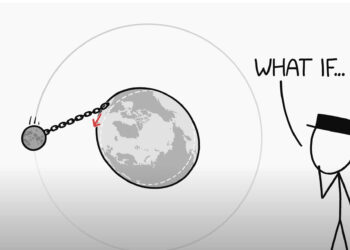
- Image via Wikipedia
Developing a new product means much more than understanding the needs of the potential user. It often means understanding other stakeholders and making a pitch to a venture capitalist for funds.
Training individuals involved in educating professionals to develop a concept, a viable business plan, and a persuasive pitch for venture capitalists is one of the main goals of this year’s SSP IN meeting.
In order to accomplish this lofty goal, participants are given a framework in which to think as a stakeholder. This means adopting a persona and using that persona to guide decisions.
Luckily, my persona was not a huge stretch. I was cast as a former history teacher turned middle-school librarian named “Joe.” The other parts, I invented: I was an angry Marxist, cynical about my school administration, feeling disintermediated and worried about the future of my job. I’m frustrated about students turning to Google when I want them to use JSTOR, sigh, if only I could afford it.
Other personas in my high-school group include:
- A veteran high-school textbook publisher
- A middle-aged database provider
- A tech-savvy, 16-year-old text message addict
- A burnt-out content aggregator who sells course-packs
- A recently-graduated high-school teacher with lofty and idealistic goals
The process of going through product development really underscores how difficult the process can be. In our case, educational products pitched to the high-school market need to be flexible since each state has different standards and some control a much larger portion of the market than others (e.g., Texas). The United States also varies tremendously geographically, economically, and culturally. While some schools have broadband connections and every student has access to computers from home, others may own a single computer (an old PC with dial-in connection in the back corner of its library). If we developed an online product, we would need to take access to bandwidth and hardware into consideration.
Who has input into the decision-making process? In the case of the high-school group, we identified teachers, the librarian, the principal, superintendent, Parent-Teacher Associations, among others. In getting their support it was important to understand their key values.
Tomorrow, our group will pitch our product to a panel of other participants playing the role of the venture capitalist.
Discussion
1 Thought on "Personas, Process, and Venture Capitalists"



